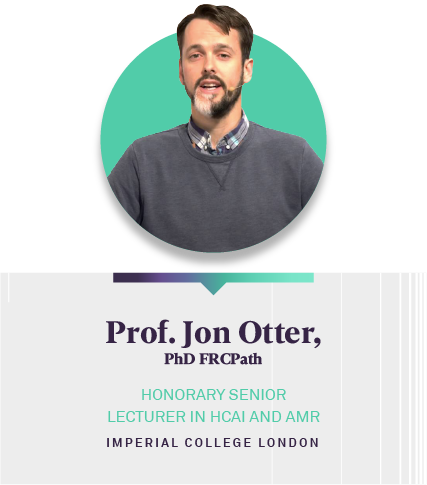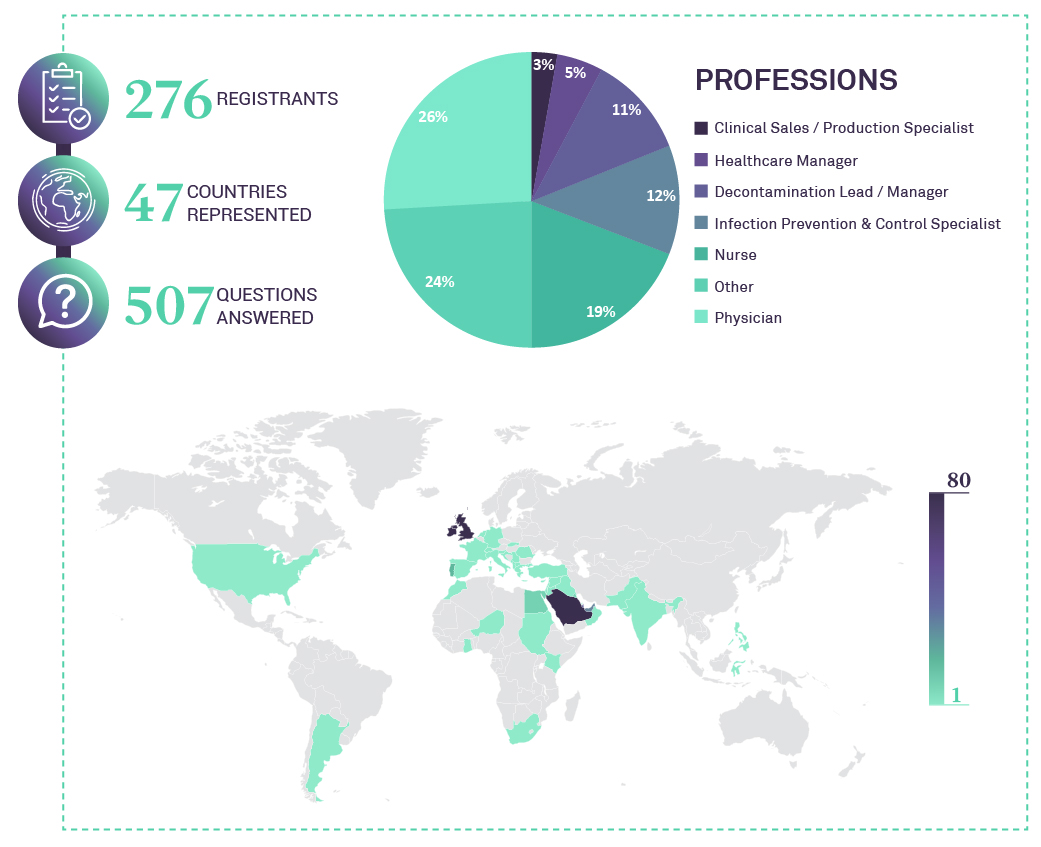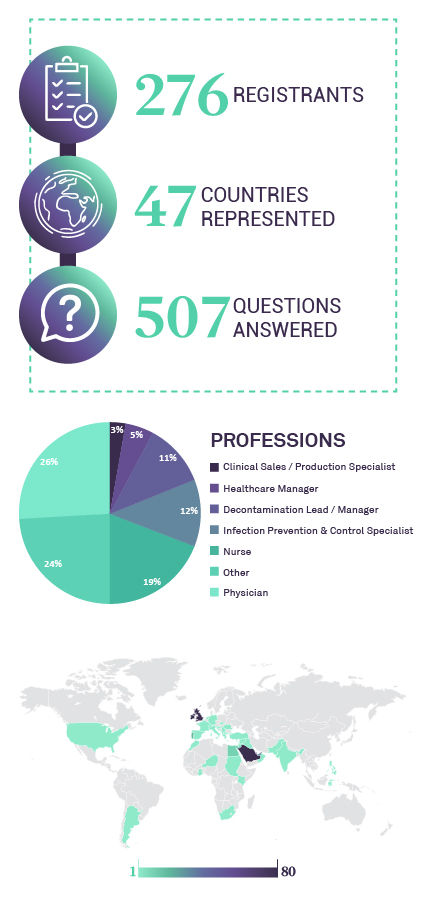This webinar will provide an overview of HCAI associated with medical device reprocessing, including a summary of the epidemiology of HCAI related to medical device reprocessing failure. Past failures in medical device reprocessing will be reviewed to promote safer systems to prevent HCAI from medical device reprocessing in the future.
MAIN TOPICS
Overview of the risk of HAI
associated with medical device reprocessing
- What are the most common medical devices that are reprocessed, and which methods are most common?
- What are the key HCAI risks and control points in the medical device reprocessing process?
When reprocessing goes wrong:
lessons from past failures
- What are the most common medical devices that are reprocessed, and which methods are most common?
- What are the key HCAI risks and control points in the medical device reprocessing process?
Making Medical Device reprocessing
safer to prevent HAI
- What principles can we learn from HCAI associated with medical device reprocessing?
- What can we change to improve existing systems to make medical device reprocessing simpler?
Future
perspectives
- What can be done to make medical device reprocessing safer in the future?
- How can medical devices be redesigned to make reprocessing simpler, more cost-effective, and safer?
- How can reprocessing approaches be refined or redesigned to reduce the risk of HCAI?
This is the second webinar dedicated to “Challenges of Medical Device Reprocessing”, presented by ASP Continuous Education.
23rd of September 2021


- Director of Infection Prevention and Control at Guy’s and St. Thomas’ NHS Foundation Trust.
- Honorary Senior Lecturer in the National Institute for Health Research Health Protection Research Unit (NIHR HPRU) in Healthcare Associated Infections and Antimicrobial Resistance at Imperial College London.
- Manager of Infection Prevention and Control and Antimicrobial Stewardship team at Imperial College Healthcare NHS Trust.
- First class honors degree in Microbiology from the University of Nottingham (2001).
- PhD in epidemiology (of MRSA) from King’s College London (2011).
- Assistant Editor at the Journal of Hospital Infection.
WEBINAR TEASER
WEBINAR STATISTICS


AUDIENCE FEEBACK
SPEAKER QUOTE
"Inadequately decontaminated medical devices have been shown to spread infection."
TAKE HOME
MESSAGES
MESSAGES
- Overview of medical device decontamination in the context of HCAI: Medical devices carry with them a large or small risk of transmitting infection.
- Summary of HCAI associated with medical device reprocessing: Inadequately decontaminated medical devices have been shown to spread infection.
- Learning from past failures in medical device decontamination to prevent HCAI: Several different strategies can be used to reduce risk associated with medical devices
- A look at medical device decontamination of the future: As medical devices become more complicated, the risks of inadequate decontamination are likely to grow; we need to embrace the latest systems to ensure the safest possible decontamination.






